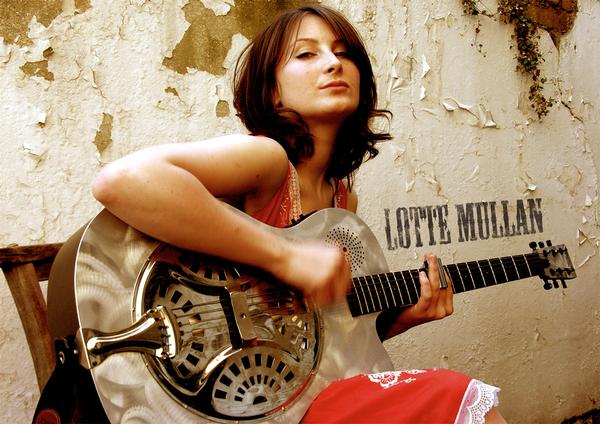
Lotte Mullan – Can’t Find The Words
This isn’t a blatant attempt at irony, but it’s tricky to find too much to say about this single. It’s just such a simple wee tune: a slow, steady drum beat, metronomic bass and a few tweaks on the guitar are all you get. Mullan relies on her lovely voice and the sadly real-sounding lyrics to get the song by.
In some ways it works. The sound is refreshingly plain and unpretentious, and the sentiment avoids being folksy and twee while remaining solidly grounded in humanity. In the sense that she seems willing to write honest, moving songs about life and love set to natural, unembellished music, she’s following in the footsteps of the likes of Joni Mitchell and Bob Dylan.
But in this song she lacks their edge, their complexity. And it’s in this way that the simplicity doesn’t quite work. Naïveté can be appealing but it generally doesn’t sustain for long, and a little more poetry, or innovation, or sophistication might be needed here for Mullan’s songs to really make an impact.
